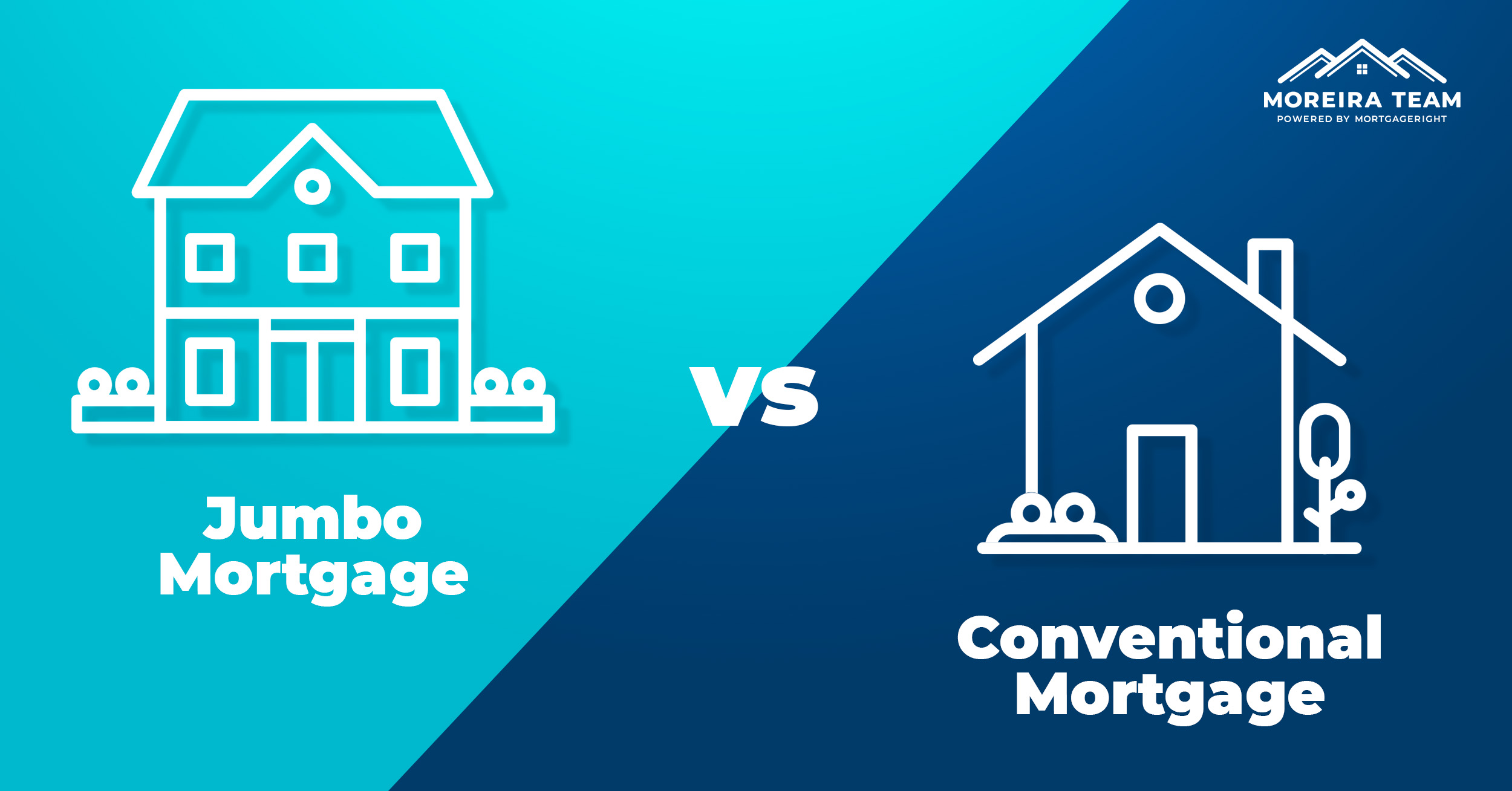Jumbo Loan: Tailored Home Loan Solutions for High-Income Debtors
Jumbo Loan: Tailored Home Loan Solutions for High-Income Debtors
Blog Article
Checking Out the Benefits and Characteristics of Jumbo Loans for Your Following Home Acquisition Decision
As the property market evolves, comprehending the details of jumbo loans becomes significantly significant for prospective homebuyers considering high-value properties. These financings not only facilitate considerable funding but also offer a number of advantages, such as competitive interest rates and the potential elimination of exclusive home mortgage insurance. The course to safeguarding a big financing is loaded with specific qualification criteria that may test some buyers. To totally appreciate just how jumbo car loans can affect your home purchase strategy, it is necessary to discover their crucial functions and advantages in greater detail.
What Is a Jumbo Finance?

Jumbo financings are frequently used by purchasers seeking to purchase high-value properties or homes in pricey markets. jumbo loan. Given the bigger amounts obtained, loan providers usually enforce more stringent credit requirements, consisting of higher credit score scores, lower debt-to-income proportions, and bigger down repayments. The rates of interest on jumbo financings might be slightly greater than those on adjusting lendings, reflecting the increased danger for lending institutions
Additionally, the authorization process for a big car loan can be more time-consuming and complicated, as loan providers call for substantial documentation to examine the customer's financial stability. Understanding these subtleties is vital for possible property owners taking into consideration a big lending for their building funding needs.
Key Benefits of Jumbo Car Loans
One significant benefit of big car loans is their capability to finance higher-priced residential properties that go beyond adjusting car loan limitations. This attribute makes them an appealing option for buyers seeking to purchase luxury homes or buildings in high-cost locations where costs usually exceed traditional car loan limits.
Furthermore, big financings commonly include versatile terms and competitive passion rates, allowing customers to tailor their financing to fit their one-of-a-kind monetary circumstances. jumbo loan. This versatility can consist of options for adjustable-rate mortgages (ARMs) or fixed-rate loans, providing buyers with the ability to handle their regular monthly payments according to their preferences
An additional advantage is that jumbo fundings do not need personal home loan insurance coverage (PMI), which can considerably decrease the overall cost of the car loan. With PMI often being a considerable cost for standard fundings with low deposits, avoiding it can result in considerable cost savings with time.
Additionally, debtors of jumbo financings commonly have access to greater car loan amounts, allowing them to buy homes that fulfill their way of life needs. This access equips customers to act decisively in competitive real estate markets, securing their desired homes extra effectively. In general, big loans supply essential advantages for those looking for to finance costs residential or commercial properties.
Eligibility Requirements for Jumbo Car Loans
Jumbo loans come with specific eligibility needs that possible consumers need to fulfill to secure funding for high-value properties. Unlike standard financings, which have actually established limits based on the conforming car loan limitations established by government-sponsored entities, jumbo lendings go beyond these click to investigate thresholds, necessitating stricter criteria.

Moreover, jumbo financings typically demand a substantial deposit, often ranging from 10% to 20% of the purchase price, depending on the lender's plans and the customer's financial scenario. Cash books are likewise thought about, with many loan providers anticipating borrowers to have numerous months' well worth of mortgage repayments easily available. Thorough documentation of income and possessions will be needed to support the finance application. Fulfilling these eligibility demands can position consumers positively in protecting a jumbo loan for their preferred property.
Contrasting Jumbo Financings to Traditional Car Loans
Comprehending the differences in between big fundings and conventional lendings is necessary for buyers navigating the premium actual estate market. Big finances go beyond the adapting lending limitations established by the Federal Housing Finance Company (FHFA), which means they are not qualified for acquisition by Fannie Mae or Freddie Mac. This leads to different underwriting criteria and demands for customers.
In contrast, conventional car loans generally follow these limitations, permitting a much more streamlined authorization process. Jumbo lendings frequently need more stringent debt scores, bigger down payments, and higher economic books. As an example, while a traditional loan may call for a down payment of just 3% to 5%, big car loans typically necessitate a minimum of 10% to 20%.
Rate of interest on jumbo car loans might vary from those of traditional finances, commonly being a little higher as a result see of the boosted threat lending institutions think - jumbo loan. Nevertheless, the capacity for substantial financing can be helpful for buyers seeking deluxe homes. Ultimately, recognizing these distinctions enables homebuyers to make educated decisions, aligning their financing choices with their special acquiring requirements and monetary circumstances
Tips for Protecting a Jumbo Funding
Protecting a big funding needs mindful planning and prep work, as loan providers typically impose stricter demands contrasted to standard fundings. To improve your possibilities of authorization, start by checking your credit history and dealing with any problems. A rating of 700 or higher is generally favored, as it demonstrates creditworthiness.
Next, collect your monetary documentation, including tax obligation returns, W-2s, and financial institution statements. Lenders usually call for thorough evidence of income and assets to analyze your ability to pay off the financing. Keeping a reduced debt-to-income (DTI) ratio is likewise important; go for a DTI listed below 43% to improve your application's competitiveness.
Furthermore, consider making a bigger deposit. Lots of lending institutions look for a minimum of 20% down for jumbo finances, which not only reduces your loan quantity but also signals economic security. Involving with an educated home loan broker can offer vital understandings right into the process and help you browse numerous loan provider options.

Final Thought
In recap, big fundings present considerable benefits for property buyers seeking residential properties that go beyond standard car loan restrictions. With affordable rate of interest, adaptable terms, and the absence of exclusive home loan insurance coverage, these loans can result in considerable expense financial savings. Prospective borrowers have to navigate more stringent eligibility criteria to get favorable terms. Detailed understanding of both the needs and benefits connected with big financings is necessary for making informed home acquisition choices in an affordable realty market.
The interest rates on jumbo lendings might be a little higher than those on adapting financings, showing the raised risk for lenders.
While a traditional financing may call for a down payment of as little as 3% to 5%, jumbo financings typically demand a minimum of 10% to 20%.
Rate of interest prices on jumbo finances may vary from those of traditional financings, typically being somewhat higher due to the enhanced risk lenders think.Protecting a jumbo car loan needs mindful preparation and prep work, as lenders typically impose stricter requirements compared to standard fundings. Lots of lenders look for at least 20% down for big finances, which not only minimizes your lending amount but likewise signals financial stability.
Report this page